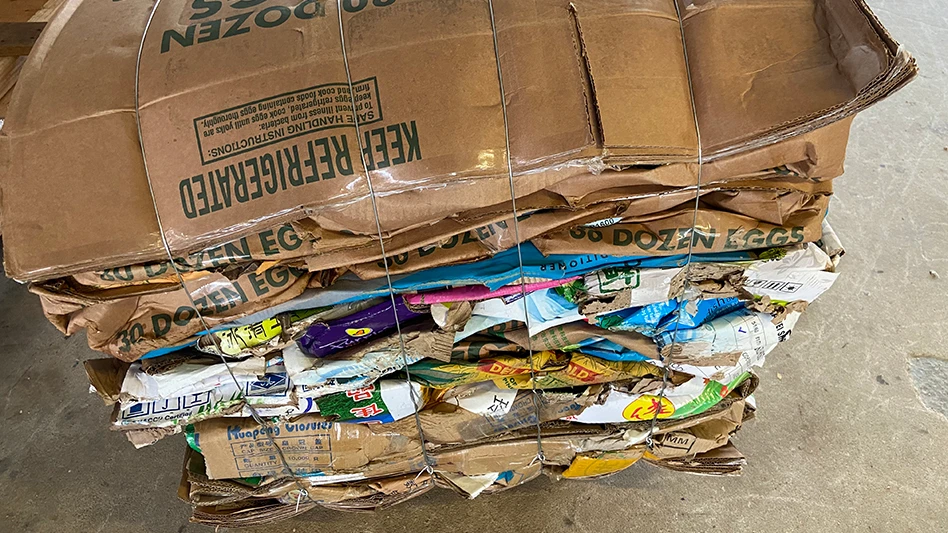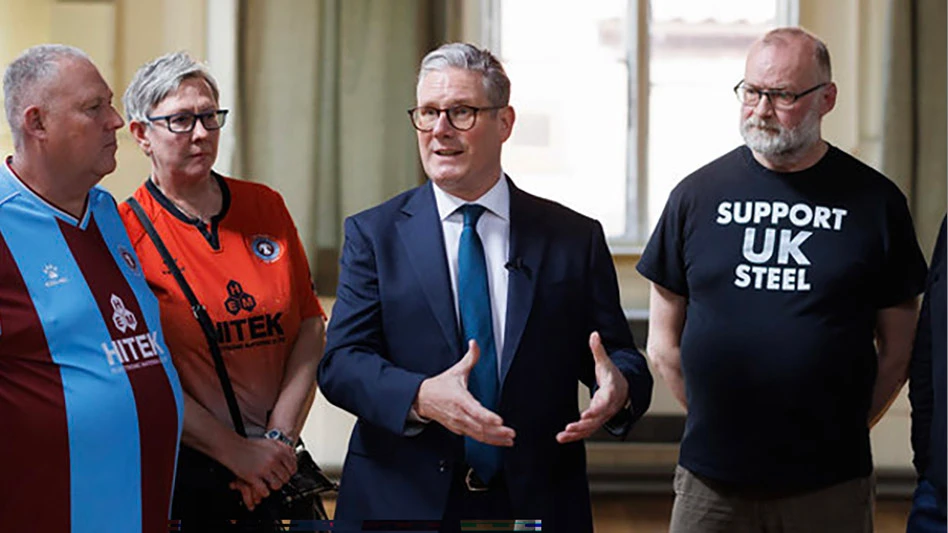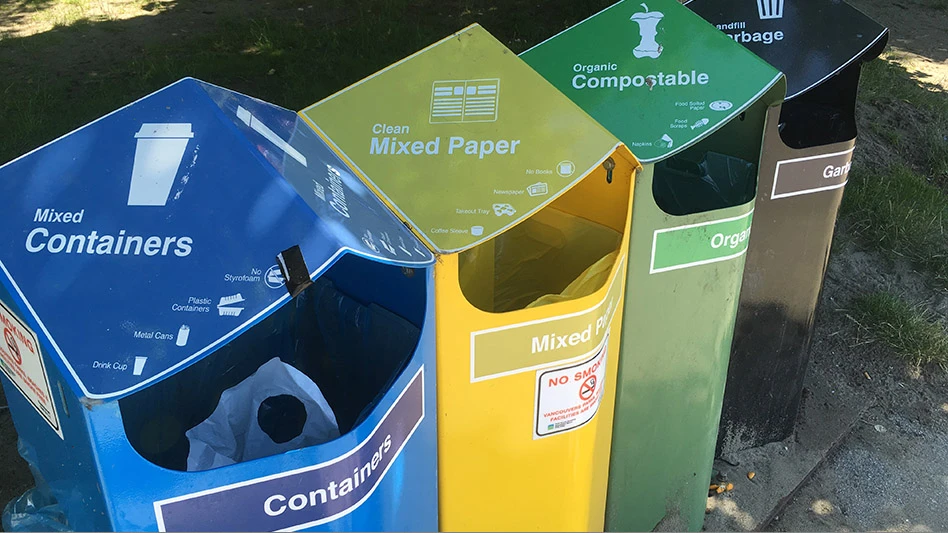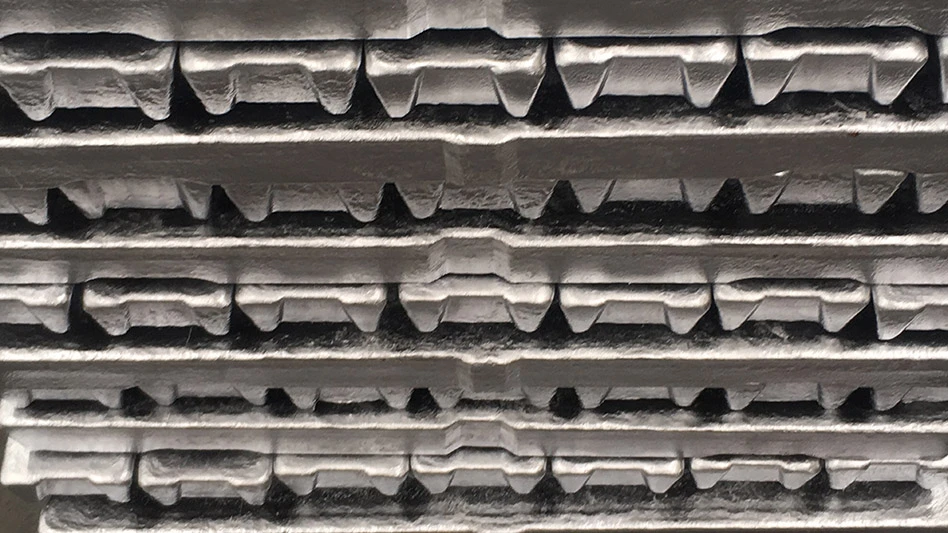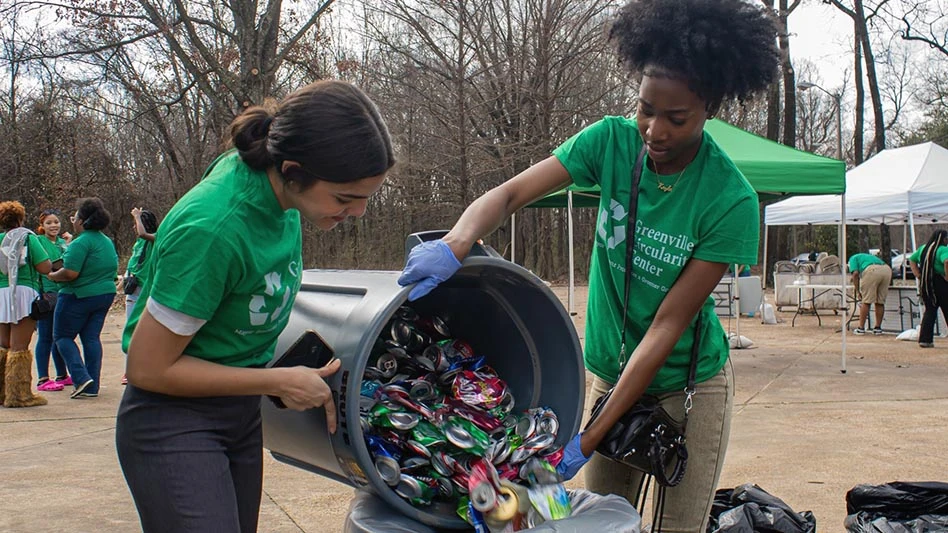
Recyclers who process wire and cable scrap have longstanding expectations and formulas regarding how much effort and cost can be expended to extract metal from the many different types of wire scrap they encounter. These same limitations also exist in the motor recycling sector.
Bano Recycling, headquartered in Padua, Italy, looked at these limitations and saw thresholds that could be crossed and adjusted forever. The firm’s engineering knowledge and persistence have resulted in Bano now offering wire processing systems that allow metals recyclers to think differently about their options in the 2020s.
“We have been developing specific technology that is different from the others,” Bano Sales Project Manager Laura Minotto says. Via rigorous attention to machine design, durability and operating costs, Minotto says owners of a Bano system can profitably handle not just production scrap or another uniform cable stream, but also “difficult wires like steel-armored cable, telecom or coaxial cables, undersea cables, auto shredder insulated copper wire (ICW) and even elmo and shelmo mixed motors.”
With the latest Bano systems, Minotto says, “The customer is not forced to just feed proper clean cable, but is able to take from the market what the market offers now.” In an era when overseas options that accept baled wire and cable have greatly diminished, the processing solutions offered by Bano come at an ideal time for the nonferrous recycling sector.

Turbo-charging the process
The advances forged by Bano involve several techniques, with systems typically containing more than one piece of equipment. Two are critical devices in the Bano system: the refiner mill and the turbo mill (vertical and horizontal).
Minotto says the horizontal turbo mill’s unique design and configuration converts copper tailings that are too easily blended in with residue shredded plastic into copper granules that can be separated efficiently from plastic on a standard sorting air table. “The horizontal turbo mill runs at high speed and involves a rotor that rolls the material against a wall; our turbo mill changes the density and shape of the small wire pieces,” she explains. “The fine tailings become granules that can then go to a sorting table and be recovered.”
When working with one global client, Minotto says testing found its post-wire chopping residue contained up to 12 percent copper by volume. A Bano system has subsequently allowed the firm to recover the vast majority of that formerly lost metal.
A typical Bano system may include a preshredder, a refiner, a turbo mill and a sorting table, as well as any required conveyor or feed machinery. However, Bano also operates from the premise that no one “typical” system should be offered to customers.
Each Bano plant is a tailor-made system to suit specific customer requirements in terms of production capacity (ranging from 1 to 5 tons per hour) and type of infeed material, ranging from what Minotto calls “standard mixed electric cables, telecommunication cables, ICW from shredder residue and elmo/shelmo motor scrap.”
Regarding motors, Bano also offers a vertical mill and a vertical turbo mill that can achieve new levels of recovery and processing possibilities for numerous scrap grades, including electric motors, compressors, meatballs, transformers, alternators, armatures, shredder residue, incinerator residue scrap and the aluminum tense (castings) grade.
In all cases, Minotto says Bano does not sacrifice efficiency or robustness when offering customized, sophisticated machinery, adding, “We are able to make a system that fits properly with the customer’s needs in terms of facility space, input material and energy requirements. Our machinery has a combination of upgradability and robustness: Your investment can really last a very long time.”

An enthusiastic global response
The world’s recyclers have responded to Bano’s combination of technical innovation and system customization, especially in the 2020s as they seek to serve a growing market for upgraded copper and aluminum scrap.
Among the numerous cable recycling system orders Bano has been filling this year, some have been ordered by multinational companies with a presence on more than one continent, while others are being supplied to family-owned scrap firms with a history of serving a regional market.
Bano’s fabricators and installers have been kept busy with projects in several nations, including Australia, Canada, Germany, Greece and Japan.
The owner of one such company, based in Italy, says of its latest order, “We have chosen the Italian company, Bano Recycling, with whom we have a long-term relationship. Our expectations have been fully met [in terms of] throughput, quality, operational data monitored (tracked) and reduced maintenance costs. We are very satisfied with our choice, and we will continue our business relationship with Bano Recycling.”
Minotto is optimistic the metals recycling industry will continue to turn to Bano for wire, cable and motor recycling solutions that are a perfect fit for a fast-changing evolving industry. “With our system, recyclers can make adjustments and control what they want to produce, in terms of levels of metal recovery and quality they want to reach," she says. "With some distant export markets not buying unprocessed or semiprocessed scrap materials as they did in the past, one can see why in the new decade our systems are in such high demand.”

Bano Recycling s.r.l.
via Marcello, 24 | 35011 Campodarsego | Padova - Italy
tel. +39 049 9200757 | fax +39 049 9200172
info@banoeco.com | shredder-bano.com
Get curated news on YOUR industry.
Enter your email to receive our newsletters.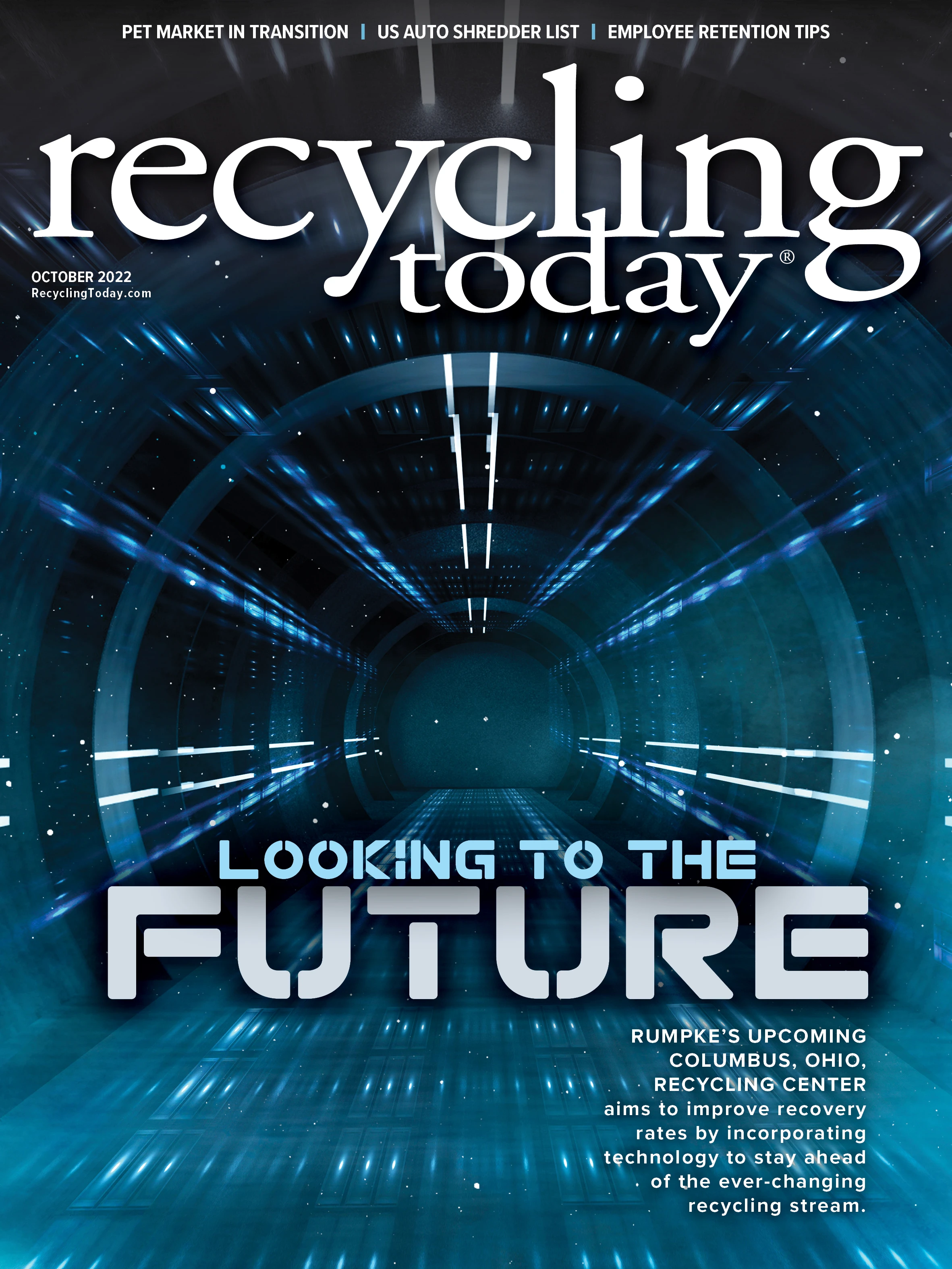
Explore the October 2022 Issue
Check out more from this issue and find your next story to read.
Latest from Recycling Today
- Steel Dynamics nets $217 million on record shipments
- Massive Chinese steelmaking rebound recorded in March
- LME looks into sustainable metal pricing
- OnePlanet Solar Recycling closes $7M seed financing round
- AMCS launches AMCS Platform Spring 2025 update
- Cyclic Materials to build rare earth recycling facility in Mesa, Arizona
- Ecobat’s Seculene product earns recognition for flame-retardant properties
- IWS’ newest MRF is part of its broader strategy to modernize waste management infrastructure
